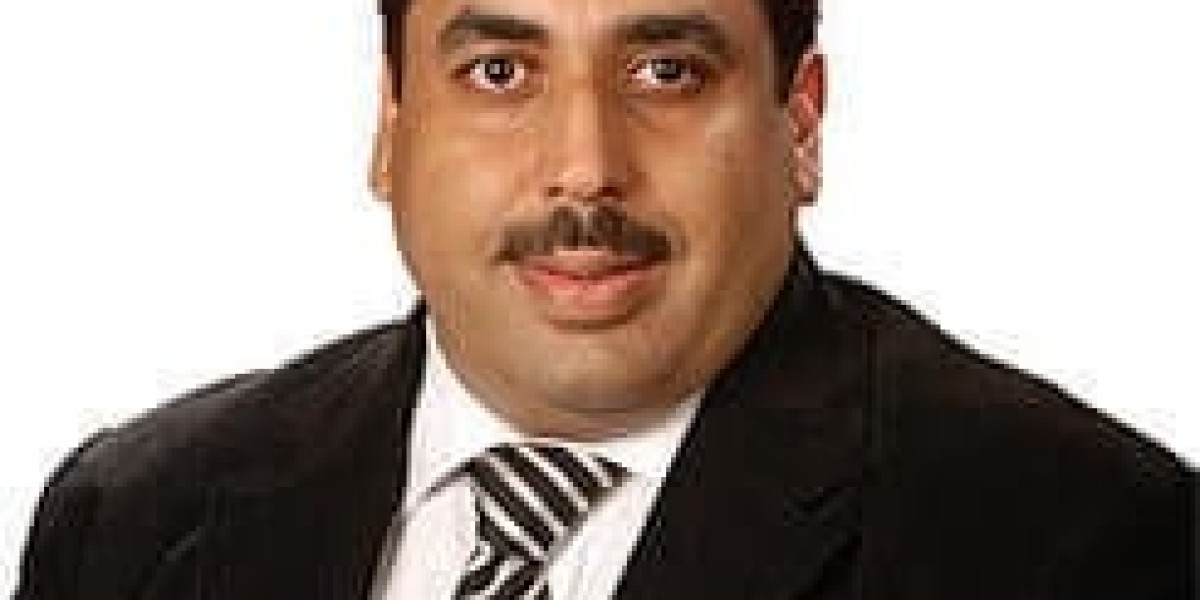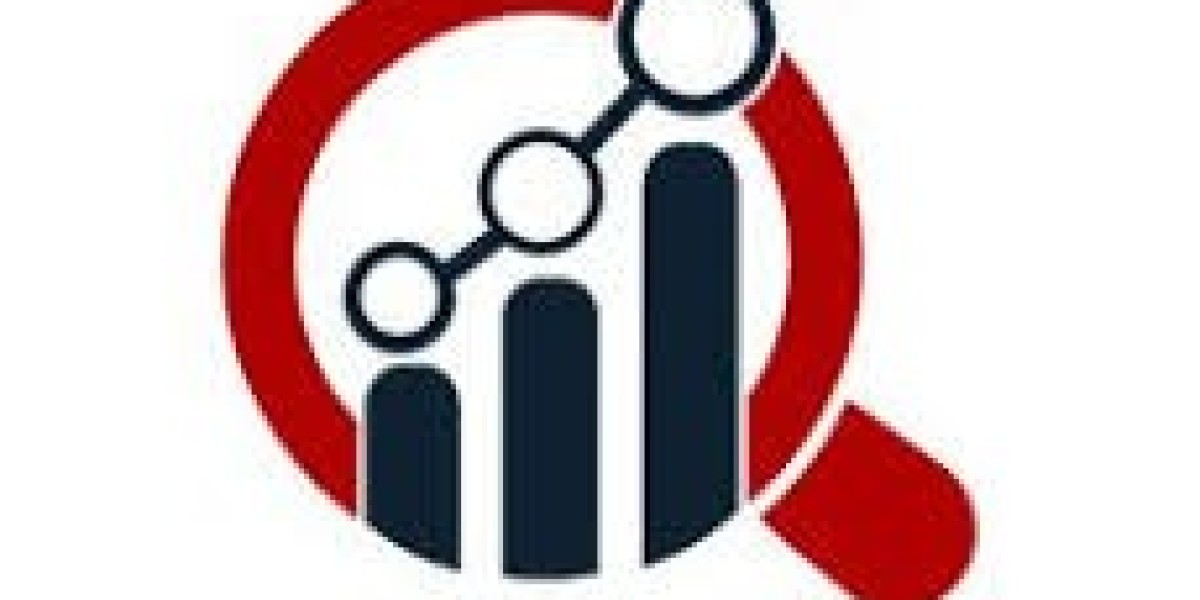Stroke is a serious medical emergency that requires immediate attention. It occurs when the blood supply to a part of the brain is interrupted or reduced, leading to the death of brain cells. In Hyderabad, there are numerous healthcare facilities offering advanced stroke treatment and care. This article provides a detailed overview of stroke treatment options, available healthcare facilities, and the steps to take if you or someone you know is experiencing a stroke.
Understanding Stroke: Types and Symptoms
What is a Stroke?
A stroke happens when there is a blockage or bleeding that interrupts the blood flow to the brain. Without oxygen and nutrients, brain cells begin to die, leading to serious complications, including disability or even death. Recognizing the symptoms early is critical for immediate treatment and recovery.
Types of Stroke
- Ischemic Stroke: This is the most common type, accounting for around 87% of all stroke cases. It occurs when a blood clot blocks a vessel supplying blood to the brain.
- Hemorrhagic Stroke: Caused by the rupture of a blood vessel, leading to bleeding in or around the brain.
- Transient Ischemic Attack (TIA): Often called a mini-stroke, this occurs when there is a temporary blockage of blood flow to the brain. TIAs are warning signs of future strokes and should not be ignored.
Common Symptoms of Stroke
- Sudden numbness or weakness, especially on one side of the body.
- Difficulty speaking or understanding speech.
- Sudden confusion or trouble seeing in one or both eyes.
- Difficulty walking, dizziness, or loss of balance and coordination.
- Severe headache with no known cause.
Emergency Stroke Treatment: The Importance of Immediate Care
If you or someone you know exhibits signs of a stroke, it is crucial to seek medical attention immediately. Time is of the essence, and quick action can prevent severe brain damage. In Hyderabad, leading hospitals are equipped with emergency stroke care units to provide prompt and effective treatment.
Stroke Treatment Options in Hyderabad
1. Clot-Dissolving Medications (Thrombolytics)
For ischemic strokes, the first line of treatment involves the use of clot-dissolving medications. These medications, such as tissue plasminogen activator (tPA), can be administered within a few hours of the onset of symptoms to restore blood flow and minimize brain damage.
2. Mechanical Thrombectomy
In some cases, doctors may perform a procedure called mechanical thrombectomy, where a device is used to physically remove the clot from the blocked artery. This treatment is effective for large vessel occlusions and is often performed within six hours of stroke onset.
3. Medications to Manage Symptoms and Prevent Recurrence
- Antiplatelet drugs: Such as aspirin, to prevent further blood clot formation.
- Anticoagulants: To prevent new clots from forming, especially in patients with conditions like atrial fibrillation.
- Blood pressure medications: To manage hypertension, which is a common cause of stroke.
- Cholesterol-lowering drugs: To reduce the risk of future strokes.
4. Surgery for Hemorrhagic Stroke
For hemorrhagic stroke patients, treatment focuses on stopping the bleeding and reducing pressure in the brain. Procedures may include:
- Surgical Clipping: Placing a clip at the base of the aneurysm to prevent it from bleeding.
- Coiling (Endovascular Embolization): Inserting coils into the aneurysm to block blood flow.
- Craniotomy: Opening part of the skull to remove blood clots or repair damaged vessels.
Rehabilitation and Recovery After Stroke
The Importance of Stroke Rehabilitation
Recovery from a stroke is a gradual process that involves restoring function and regaining independence. Rehabilitation plays a crucial role in helping patients recover physical and cognitive abilities affected by the stroke.
Rehabilitation Options
- Physical Therapy: To help regain strength, coordination, and balance.
- Speech Therapy: For patients who experience difficulties in speaking or swallowing.
- Occupational Therapy: To assist in relearning daily activities and improving motor skills.
- Psychological Counseling: To address emotional challenges and improve mental health.
Preventing Stroke: Lifestyle Changes and Management
Healthy Diet
Eating a balanced diet rich in fruits, vegetables, lean proteins, and whole grains can help control blood pressure, cholesterol, and weight, which are key factors in stroke prevention.
Regular Exercise
Engaging in regular physical activity can significantly reduce the risk of stroke. Aim for at least 30 minutes of moderate exercise most days of the week.
Managing Chronic Conditions
Properly managing chronic conditions such as diabetes, hypertension, and high cholesterol is essential to prevent the occurrence of a stroke. Regular check-ups and medication adherence can reduce risks significantly.
Quit Smoking and Limit Alcohol Consumption
Smoking and excessive alcohol consumption are major risk factors for stroke. Quitting smoking and moderating alcohol intake can greatly reduce the likelihood of a stroke.
Why Choose Hyderabad for Stroke Treatment?
1. World-Class Healthcare Facilities
Hyderabad boasts some of the most advanced hospitals in India, offering state-of-the-art stroke care and treatment. Patients receive care from experienced neurologists, neurosurgeons, and dedicated rehabilitation teams.
2. Experienced Medical Professionals
The city has a pool of highly qualified doctors and specialists who are well-versed in the latest stroke treatment protocols. This ensures that patients receive the best possible care during and after treatment.
3. Comprehensive Stroke Rehabilitation
From acute care to post-stroke rehabilitation, Hyderabad provides a full range of services to support patients throughout their recovery journey. Facilities here focus on both physical and mental health, ensuring holistic healing.
Conclusion
Stroke is a life-threatening condition that requires immediate attention. Recognizing the symptoms early and seeking prompt treatment can save lives and minimize long-term damage. Hyderabad, with its advanced healthcare infrastructure and skilled professionals, is a preferred destination for stroke treatment.
Remember: Quick response and comprehensive care are the keys to effective stroke treatment.








